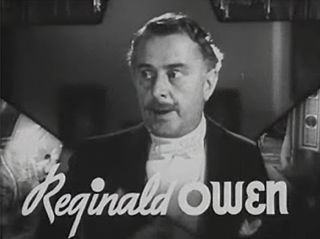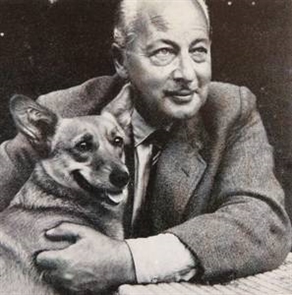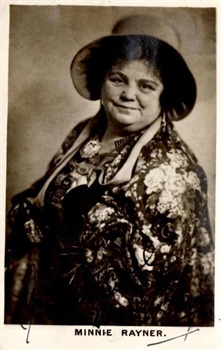
Grappenhall is a village within the civil parish of Grappenhall and Thelwall in the Borough of Warrington in Cheshire, England. The parish had a population of 9,377 at the 2001 census, 9,687 at the 2011 census, and 9,651 at the 2021 census.

Wilfrid Hyde-White was an English actor. Described by Philip French as a "classic British film archetype", Hyde-White often portrayed droll and urbane upper-class characters. He had an extensive stage and screen career in both the United Kingdom and the United States, and portrayed over 160 film and television roles between 1935 and 1987. He was twice nominated for a Tony Award for Best Actor in a Play, in 1957 for The Reluctant Debutante and in 1973 for The Jockey Club Stakes.

Colonel Sebastian Moran is a fictional character in the stories written by Arthur Conan Doyle. An enemy of Sherlock Holmes, he first appears in the 1903 short story "The Adventure of the Empty House". Holmes once described him as "the second most dangerous man in London", the most dangerous being Professor Moriarty, Moran's employer.

John Reginald Owen was a British actor, known for his many roles in British and American films and television programs.

George Zucco was a British character actor who appeared in plays and 96 films, mostly American-made, during a career spanning over two decades, from the 1920s to 1951. In his films, he often played a suave villain, a member of nobility, or a mad doctor.

Arthur Wontner was a British actor best known for playing Sir Arthur Conan Doyle's master detective Sherlock Holmes in five films from 1931 to 1937.

Leslie Perrins was an English actor who often played villains. After training at RADA, he was on stage from 1922, and in his long career, appeared in well over 60 films.

Holmes Herbert was an English character actor who appeared in Hollywood films from 1915 to 1952, often as a British gentleman.

Ian Fleming was an Australian character actor with credits in over 100 British films. One of his best known roles was playing Dr Watson in a series of Sherlock Holmes films of the 1930s opposite Arthur Wontner's Holmes.
Leslie Stephenson Hiscott was an English film director and screenwriter who made over sixty films between 1925 and 1956. He was born in London in 1894. He directed Alibi (1931), the first ever depiction of Hercule Poirot, Agatha Christie's Belgian detective, with Austin Trevor in the lead role. He directed a follow-up, Black Coffee, also starring Trevor.

Dennis Hoey was a British film and stage actor, best remembered for playing Inspector Lestrade in six films of Universal's Sherlock Holmes series.

The Triumph of Sherlock Holmes is a 1935 British mystery film directed by Leslie S. Hiscott and starring Arthur Wontner. It was based on the 1915 Sherlock Holmes novel The Valley of Fear by Arthur Conan Doyle.

Minnie Rayner was a British stage and film actress.
Guy Douglas Hamilton Warrack was a Scottish composer, music educator and conductor. He was the son of John Warrack of the Leith steamship company, John Warrack & Co., founded by Guy's grandfather, also called John.

Jane Carr was the stage name of English stage and film actress Rita Brunstrom.
Sherlock Holmes is a film series running from 1931 to 1937. Arthur Wontner portrayed Sherlock Holmes in five films.
Leyland Hodgson, also known as Leland Hodgson, was an English-born American character actor of the 1930s and 1940s. Born in London on 5 October 1892, Hodgson entered the theatre in 1898. In his early 20s Hodgson was part of a touring theatre company, spending his time in the British areas of the Far East, before entering the stage in Australia. In 1930 moved to the United States, where he made his film debut in the Oscar-nominated film, The Case of Sergeant Grischa in 1930.
William Trytel (1894–1964), frequently credited as W. L. Trytel, was a Dutch-born composer. He settled in Britain where he became known for his film scores, notably at Twickenham Studios where he became director of music as well as sitting on the company's board.
James A. Carter was a British art director and occasional film producer.













